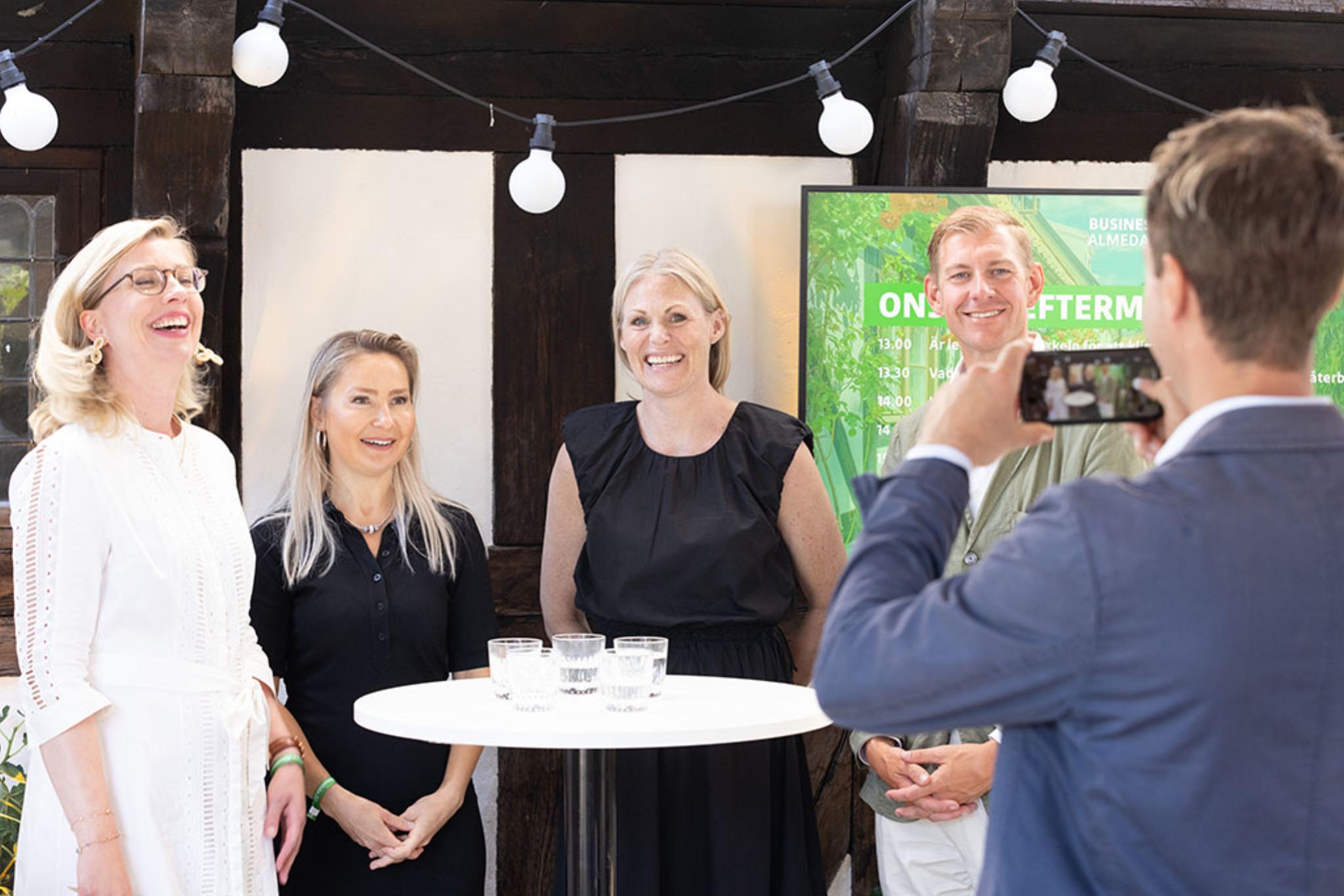Turning brown into green
Most of the world’s existing buildings were not constructed with carbon emissions in mind. This presents a huge challenge, considering that 80 per cent of the current building stock will still be standing in 2050.
23 AUGUST 2023
▪ 4 Min read

Sustainability is high on the property sector’s list of priorities, and no less pressing is cutting carbon emissions across commercial real estate. Simply put, buildings that fail to live up to certain standards risk becoming less valuable. What makes properties best-in-class is shifting from prime locations with sweeping views to net-zero emissions, promoting well-being and demonstrating resilience to climate change. In industry terms, the transition is often referred to as going from brown buildings to green.
Studies cited by the World Economic Forum on the value of a green premium in real estate indicate that, today, certified buildings yield a rent premium of 6 per cent and a sales premium of almost 8 per cent.
Forward-thinking real estate owners who can make sense of this shift and carve out their own opportunities will likely have the most valuable portfolios in the future. Know-how of financing, transformation and management in a new and green economic climate, along with the ability to use data to gain deep market insights, will be crucial.
So, how brown is a building and how green does it need to become? Which initiatives should top the list and what requirements need to be met to obtain financing?
There is no doubt the field is yearning, to put it mildly, for expertise. Buildings are unique systems with different physical and technical conditions. Variables such as age, property type and construction all impact in very different ways. Accurate data is critical in reaching the correct decisions and setting priorities. Property owners need to start to map current performance by focusing (and usually enhancing) their data collection procedures. Skillful analysis of the insights derived from the data will start showing the economic implications of an investment. Knowing how to drive the change is another challenge, which involves setting priorities. There is rarely a shortage of activities to engage in, not all can feature on the change roadmap.
Considering that 80 per cent of existing properties will still be around in 2050, retrofitting is essential to meet the demand of upcoming regulations and achieving net-zero carbon emissions.
In the future, property owners that fail to fully comprehend and consider sustainability aspects, will find it hard to secure financing.
At an event co-hosted by Newsec in Almedalen, where Swedish politicians and business come together to find common ground, Katya Nolvall, Head of Sustainable Capital Markets at Swedbank, said there are currently two paths to green financing. One is green loans, which offer benefits if a building is already certified and can demonstrate top-class high energy performance. The other is sustainability-linked loans, where owners need to show that they have a defined sustainability roadmap and specified goals on a company level (some of which might include making properties greener) within a few years.
As the conversion towards a green real estate gains momentum, companies in the industry that fail to keep up, will become irrelevant. The next decade will be critical for the real estate industry – it needs to elevate its role in sustainable development to secure a zero-carbon future. Otherwise, property investors risk being left behind with declining property values.

Panel moderated by Daniela Grotenfelt, Group Sustainability Director at Newsec. Participants included Katya Nolvall, Head of Sustainable Capital Markets at Swedbank, Jenny Lindholm, CIO at Alecta Fastigheter and Christoffer Börjesson, Head of Digital Accelerator at Newsec. Photo: David Sahlberg.
Latest articles
Get the latest insights right in your inbox
Sign up to get updates and relevant insights from Newsec. We won't be in touch more often than necessary.

